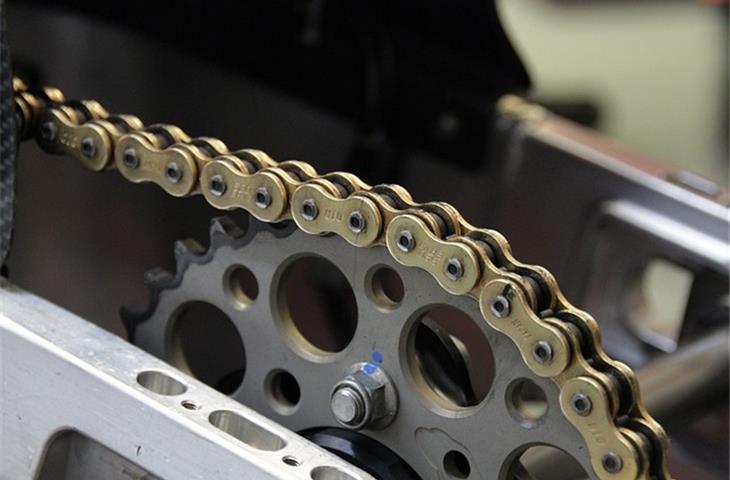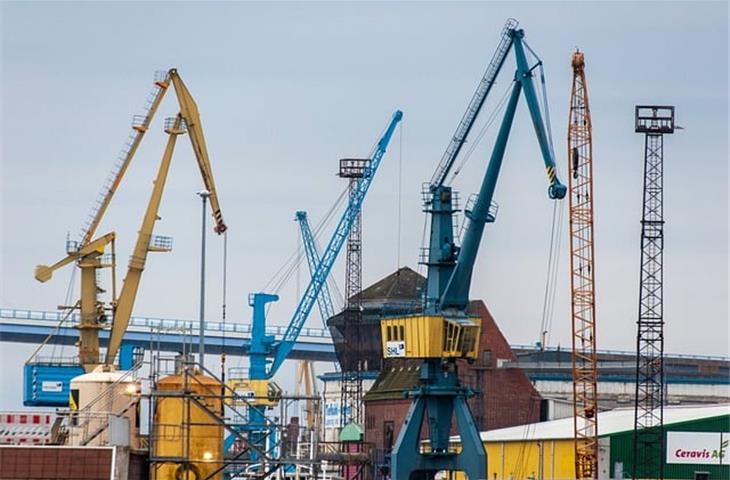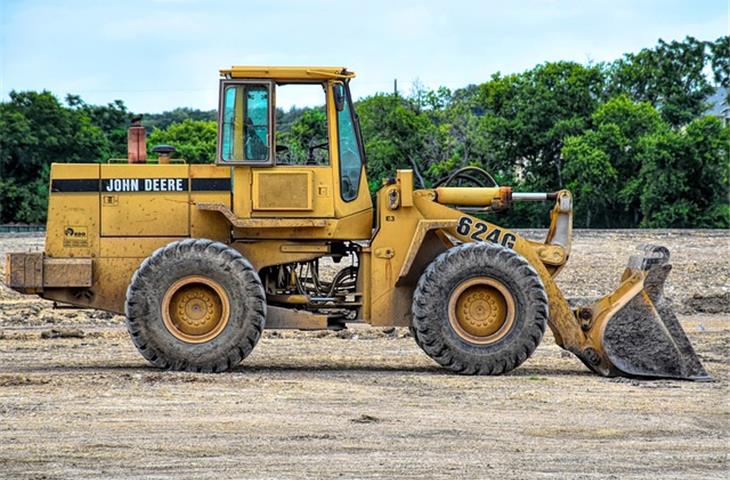In various sectors, heavy duty industrial hinges serve as pivotal elements, offering substantial support and enduring strength to machinery and infrastructure. Specifically engineered to withstand severe conditions, formidable weights, and frequent utilization, these hinges are constructed with meticulous precision. Within this discourse, we shall dissect the vital necessities tied to heavy duty industrial hinges, shedding light on the solutions that cater to these prerequisites.
Section I: Endurance Under Heavy Loads

Heavy duty industrial hinges are required to exhibit unparalleled endurance under heavy loads, supporting the pressure imparted on the machinery. This necessity stems from the fact that industrial apparatus frequently operate within strenuous circumstances, where excessive force could result in malfunction or destruction. To fulfill this prerequisite, hinges ought to be fabricated from high-toughness materials such as steel or aluminum, assuring they can resist hefty weights without jeopardizing their structural stability.
Section II: Resistance Against Corrosion

Industrial settings are typically fraught with exposure to caustic chemicals, humidity, and extreme climates. Consequently, it becomes imperative for heavy duty industrial hinges to exhibit superior resistance against corrosion. Through the application of protective coatings, galvanization, or selection of corrosion-resistant materials, hinges can endure extended exposure to these adverse conditions, diminishing the risk of rust or decay.
Section III: Simplicity in Installation and Maintenance

The installation and upkeep procedure of heavy duty industrial hinges should be simplified to curtail downtime and expenses. This necessity assumes significance, particularly in sectors where productivity and efficacy are paramount. Hinges ought to be devised for straightforward assembly, facilitating swift installation devoid of the need for specialised tools or proficiency. Furthermore, hinges should be easily accessible for maintenance functions, empowering technicians to scrutinize, clean, and mend them when needed.
Section IV: Adaptability and Personalisation
Heavy duty industrial hinges ought to be adaptable enough to accommodate diverse applications and specifications. This encompasses the capability to manage varying types of loads, angles, and configurations. Personalisation alternatives should also be accessible to customize the hinges to specific machinery or structures. By proffering a broad spectrum of dimensions, forms, and mounting choices, manufacturers can furnish solutions that satisfy the distinctive needs of their clientele.
Body:
To address the demand for heavy duty industrial hinges with outstanding load-bearing capacity, manufacturers have innovated hinges crafted from high-toughness materials. Steel hinges, for example, offer robustness and durability, capable of supporting heavy loads without deformation or collapse. Aluminum hinges, conversely, present a lightweight alternative whilst retaining adequate strength. These materials are often subjected to heat treatment or reinforcement to augment their load-bearing capacities, ensuring they can withstand the rigors of industrial machinery.
2. Resistance Against Corrosion:
Resistance against corrosion is a pivotal attribute of heavy duty industrial hinges. Manufacturers have implemented various strategies to boost the resistance against corrosion properties of hinges. Coating methodologies such as powder coating, electroplating, or hot-dip galvanizing are routinely utilized to shield the hinges from detrimental substances. Additionally, materials like stainless steel or anodized aluminum are selected for their innate resistance against corrosion, delivering enduring durability in challenging environments.
3. Simplicity in Installation and Maintenance:
Simplicity in installation and maintenance is a crucial determinant in the triumph of heavy duty industrial hinges. Manufacturers have concentrated on streamlining the assembly process by designing hinges with attributes like quick-release mechanisms, pre-drilled holes, or adjustable mounting options. These features empower technicians to install hinges swiftly and proficiently, curtailing downtime. Moreover, hinges should be designed for easy accessibility, facilitating simple maintenance tasks such as cleaning, lubrication, or substitution of worn-out components.
4. Adaptability and Personalisation:
Heavy duty industrial hinges should be adaptable enough to cater to diverse applications. Manufacturers offer a comprehensive array of hinge styles, encompassing plain bearings, ball bearings, and roller bearings, each designed to manage distinct types of loads and motions. Personalisation alternatives, such as adjustable angles or varied mounting configurations, further augment the adaptability of these hinges. This empowers customers to select the ideal hinge solution for their specific machinery or structure, guaranteeing optimal performance and longevity.
Heavy duty industrial hinges play a pivotal role in various sectors, offering substantial support and durability. By addressing the fundamental needs linked to load-bearing capacity, resistance against corrosion, simplicity in installation and maintenance, and adaptability, manufacturers can deliver dependable solutions that meet the demands of industrial machinery. As industries persistently evolve, the significance of heavy duty industrial hinges will only escalate, rendering them an indispensable component in ensuring seamless operations and prolonged
 logo
logo